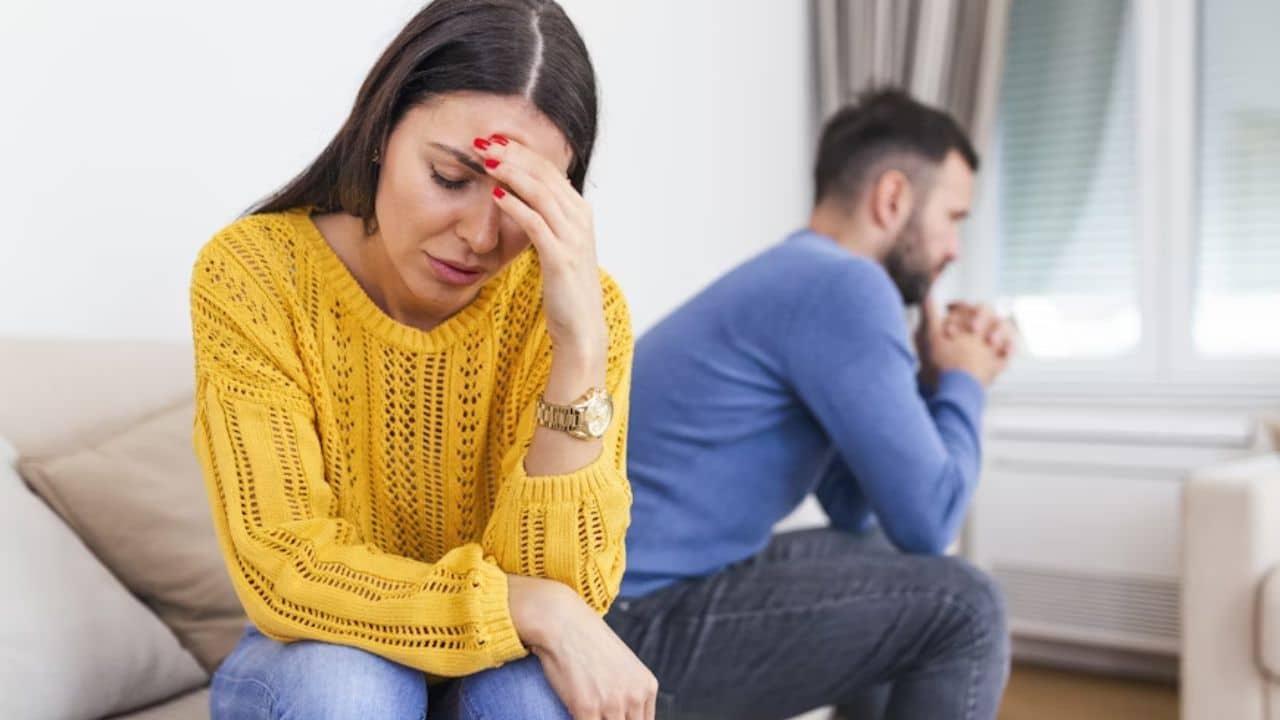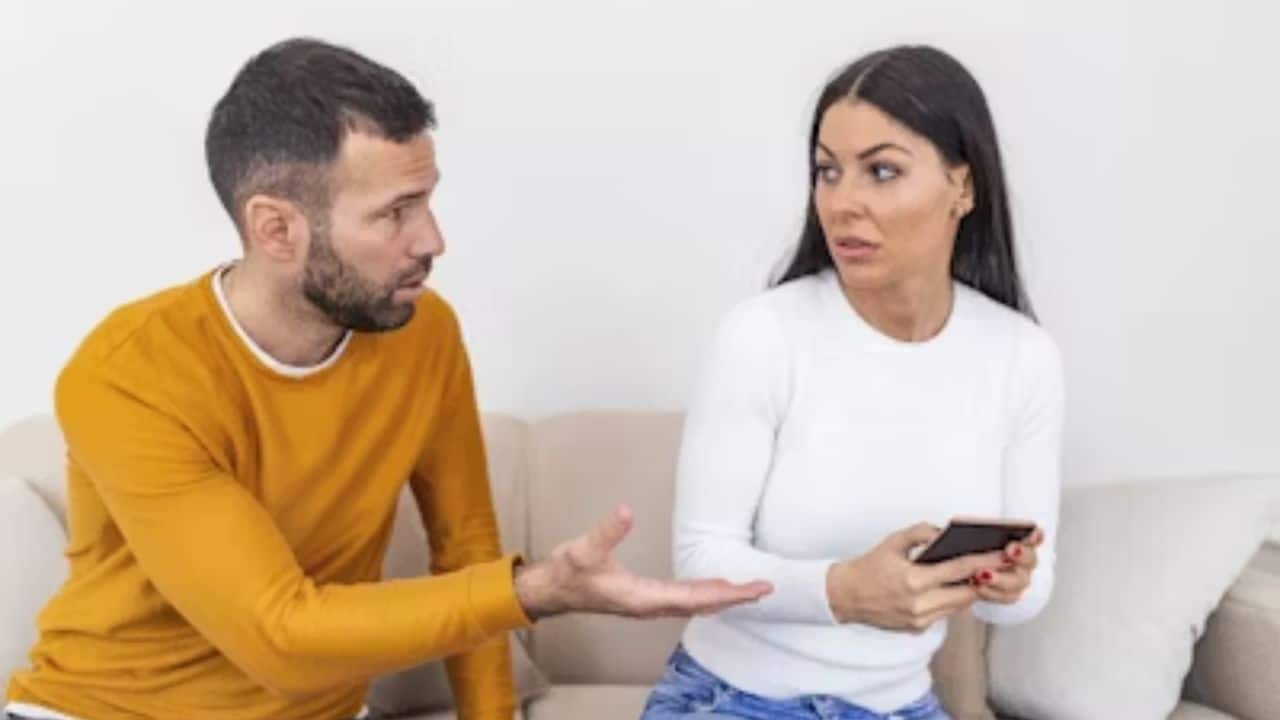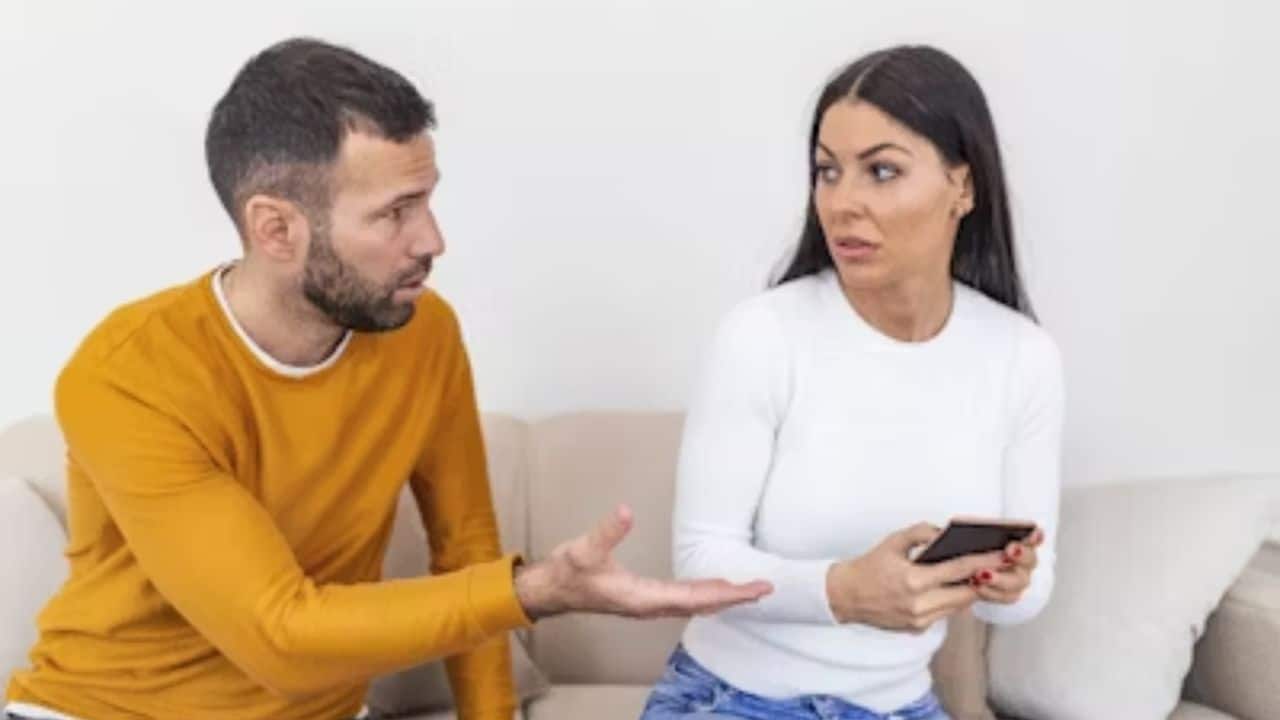
When women feel hurt, they often respond in subtle ways before ever saying it out loud. If you’re not paying attention, those emotional cues can quietly build into disconnection. Understanding how women process pain makes you a better partner. It’s not about walking on eggshells, it’s about becoming emotionally fluent. Respect starts with recognition.
She Withdraws Without Explaining

One of the first signs of hurt is quiet withdrawal. If she stops initiating conversations, pulls away physically, or avoids eye contact, she may be nursing pain. Silence is often self protection. Don’t assume everything’s fine just because she stopped talking. Ask gently and listen fully.
She Says “I’m Fine” But Isn’t

When a woman says she’s “fine” in a flat tone, it often means the opposite. Many women use that phrase when they feel unheard or too tired to explain again. It’s emotional camouflage. If her words say one thing and her energy says another, check in. Emotional health starts with honest listening.
She Puts Up Walls Suddenly

When emotional safety disappears, women often go into self protection mode. If she used to open up but now avoids deeper conversations, that’s a signal. She may be protecting herself from further pain. Love requires safety, and rebuilding that starts with emotional presence, not pressure.
She Stops Asking About Your Day

When a woman pulls back emotionally, the little gestures disappear first. If she’s no longer asking how you’re doing or checking in throughout the day, she may be emotionally tapped out. Emotional pain turns curiosity into exhaustion. Reconnection starts by showing her you care, too.
She Gets Short or Sarcastic

Sarcasm can mask deeper hurt. If her tone has shifted to cold, clipped, or biting comments, it’s not just attitude, it’s emotion leaking out. Defensive humor or passive jabs often point to unresolved feelings. Don’t react, respond. Ask what’s beneath the edge.
She Overfunctions to Hide Her Feelings

Some women deal with hurt by staying overly busy, cleaning, working, or handling everything solo. Overfunctioning is a way to avoid confronting pain. If she’s doing it all but seems emotionally absent, she might be overwhelmed. Try asking how she’s doing, not just what she’s doing.
She Starts Pulling Away Intimately

Physical intimacy often mirrors emotional intimacy. If she pulls away in the bedroom or avoids touch, it may not be about desire, it may be about pain. Emotional closeness requires emotional safety. Address the emotional gap before trying to fix the physical one.
She Stops Sharing Her Wins or Struggles

When a woman no longer brings you her joys or her stress, she may have started emotionally detaching. Sharing life’s highs and lows is a form of bonding. If she’s gone silent about her world, it’s a sign she no longer feels emotionally connected. Rebuilding trust begins with showing up with curiosity.
She Begins Talking to Other People More

If she turns to friends, coworkers, or social media for emotional connection instead of you, she might be protecting herself from further hurt. This doesn’t always mean betrayal, it means unmet emotional needs. Don’t get defensive. Get curious about how to reconnect.
She Brings Up Old Issues Again

When women are hurt, they often rehash unresolved issues, not to nag, but because they still feel unseen. If she’s revisiting past wounds, it means they weren’t fully healed. It’s not about what happened, it’s about how she felt. Validating her experience is often more healing than debating it.
She Gets Emotional Over Small Things

If she cries or gets upset over something minor, it’s probably not about that moment. Women often hold in pain until it spills over. That tear over a forgotten errand might carry the weight of weeks of emotional tension. Be gentle, it’s not weakness, it’s overflow.
She Becomes Less Playful or Affectionate

Hurt often shows up as a loss of lightness. If she no longer teases, touches, or jokes the way she used to, she may be emotionally guarded. Playfulness requires trust. If the mood feels heavy, start by rebuilding emotional safety, not demanding affection.
She Starts Taking More Time Alone

Solitude is healthy, but sudden emotional distance can be a red flag. If she starts spending more time away without explanation, she may be protecting herself or rebalancing emotionally. Respect the space but stay emotionally available. Let her know she’s not alone unless she wants to be.
She Becomes Less Supportive of You

A woman who’s hurting may struggle to keep showing up for you. Emotional bandwidth is limited. If she used to check in, encourage, or back you up and now she doesn’t, it could mean she’s emotionally tired. That’s a signal to lean in, not lean away.
She Mentions Needing to “Protect Her Peace”

When a woman starts talking about “protecting her peace” or “guarding her energy,” she may feel emotionally unsafe. These phrases often follow long periods of being hurt without resolution. It’s a boundary, not a threat. Respect it and reflect on what led her there.
She Stops Arguing Completely

When a woman stops fighting, it’s not always peace, it can be resignation. Silence means she may no longer believe you’ll listen or change. Don’t confuse quiet with contentment. When the emotional fire goes out, so can the relationship.
She Starts Prioritizing Herself Again

If she starts hitting the gym, reconnecting with friends, or making solo plans, it might be her way of rebuilding what she lost. This isn’t a threat, it’s a response to emotional neglect. Celebrate her growth, but check if you’ve been missing in action. Self respect often follows emotional pain.
She Tells You Directly and You Miss It

Many women actually say they’re hurt, but they’re not always heard. If she’s told you once and nothing changed, she might stop saying it altogether. Don’t wait for her to repeat herself. When she tells you she’s hurting, that’s the moment to show up, not brush it off.
She’s Still There but Different

Sometimes the biggest sign is that she’s still physically present, but emotionally gone. Her body is in the room, but her heart is somewhere else. That’s not always final, but it is a warning. If you love her, don’t wait until she’s gone to notice she is hurting.






Ask Me Anything